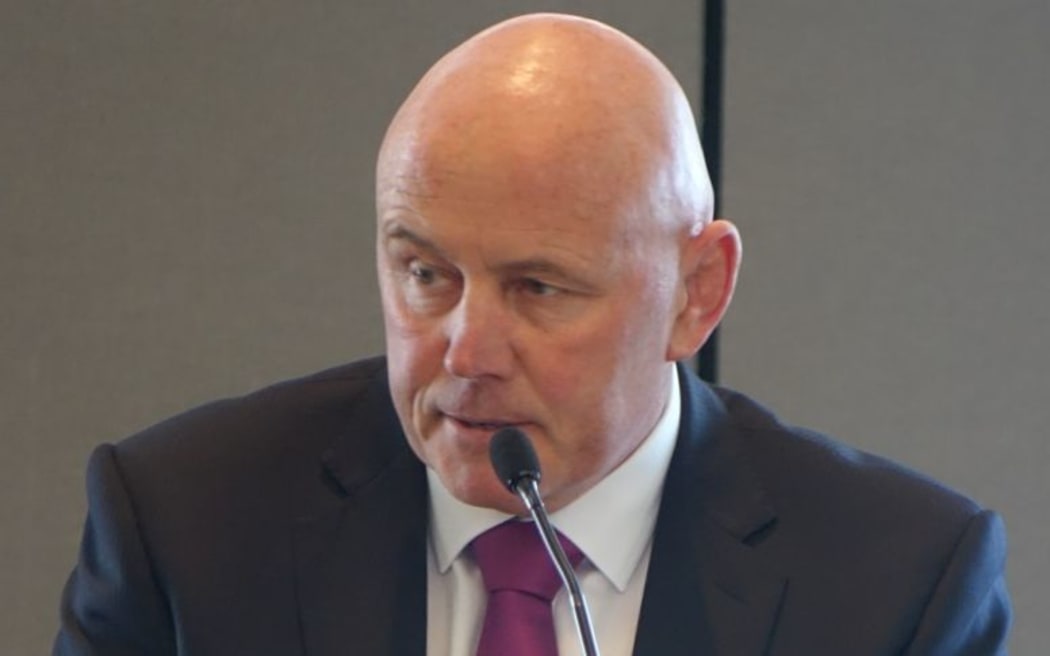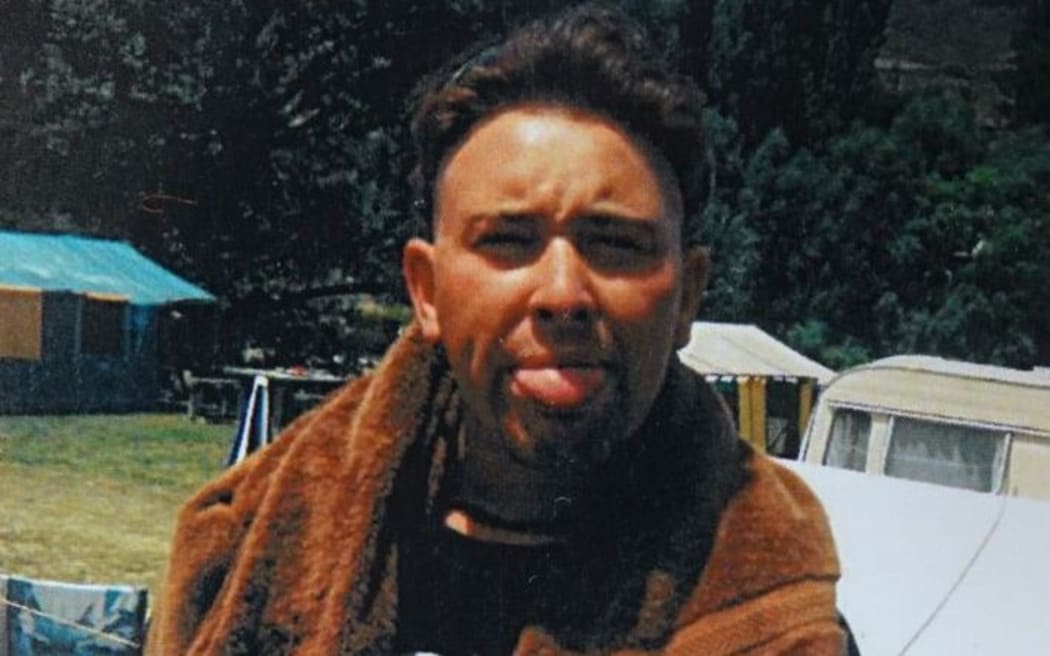The police officer leading an investigation into the death of an inmate at an Otago prison, says the initial inquiry into his death was simply not good enough.

Detective Senior Sergeant Colin Blackie. Photo: RNZ / Ian Telfer
Detective Senior Sergeant Colin Blackie gave the damning evidence on the fourth day of the inquest into the death of Jai Davis, who died of a suspected overdose at the Otago Correctional Facility in February 2011.
Evidence from a number of nurses also detailed a dysfunctional, complex and short-staffed working environment, which left Mr Davis' mother in tears.
Emotions were running high as Detective Senior Sergeant Colin Blackie of the Criminal Investigation Branch told Coroner David Crerar a tale of woes at the prison:
"My view after what I believe is a thorough investigation is that there was, over those few days, disfunctionality within the prison, that the three pillars of structure, communication and leadership were failing, that there was a disconnect between the work groups and individuals."
He turned to rugby to make his point:
"I use the analogy of five people trying to tackle Jonah Lomu, everyone falls off and blames the other and Jonah scores the try.
"That's how I viewed it at the end of this investigation that there was systemic failure by certain people and certain work groups and no one standing up to be accountable for the treatment and care in particular, in this case, of Mr Davis."
Mr Blackie said one of the big challenges was that he was only called in to investigate last year, after an earlier inquiry was found to be insufficient.
"It was a hurdle to my investigation that it was two years or so since Mr Davis' death that I undertook it.
"There was a number of witnesses who had left Corrections, one at least who had passed away, others who had dispersed to Australia and other parts of the world.
"As I've heard today, memories aren't as good two years after as they would have been if we'd commenced this investigation immediately."
Mr Blackie said in the three days running up to Mr Davis' death, the prison management, guards and nurses all failed to care properly for a vulnerable person.
He said he did not know why no criminal prosecutions had been pursued after police advice.
Earlier in the afternoon, Gayle Catt, the nurse in charge of the facility's At Risk Unit where Davis was being kept, said she found the prisoner to be well, but he did complain that he was itching all over.
Nigel Hampton QC, who was representing the Howard League for Penal Reform, became frustrated when Ms Catt gave evidence about Davis appearing fine, because it was in direct contradiction to evidence provided by prison guards.
"Extraordinary series of observations for an officer to make up isn't it? What his skin wasn't grey coloured, he didn't look like a corpse, was he scratching badly, were his arms real red, eyes sunken, cold sweats and no smell of faeces at all?"

Jai Davis died in prison in February 2011. Photo: SUPPLIED
Throughout Ms Catt's testimony, Mr Davis' mother, Victoria, shook her head in tears and mouthed ''liar'' and ''she's lying'' before being comforted by a friend.
Another nurse, Sandra Lawrie, said the health service was a dysfunctional environment in which nurses received a lack of appropriate training.
She said it was an accident waiting to happen, and she was scared someone was going to die from nurse neglect.
The inquest continues today.

